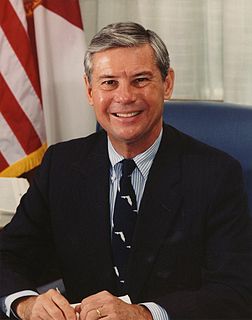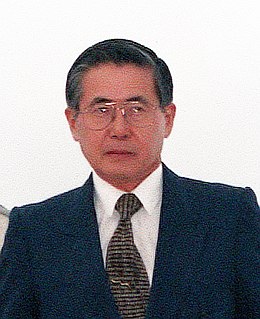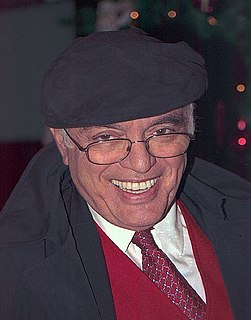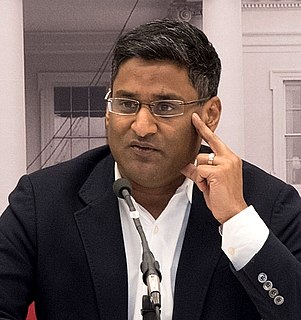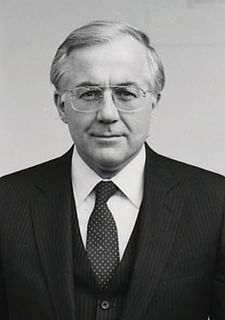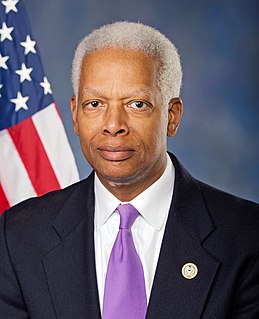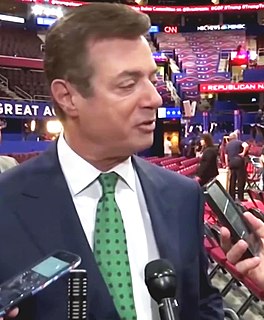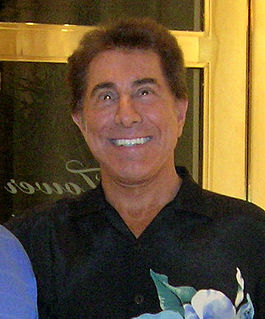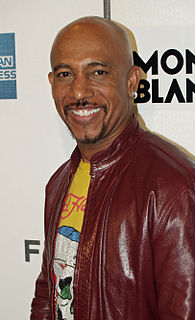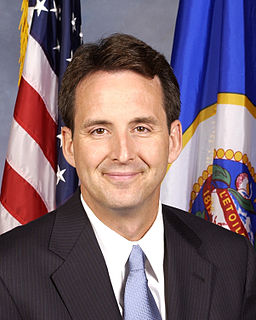Top 1200 Congress And The President Quotes & Sayings
Explore popular Congress And The President quotes.
Last updated on April 14, 2025.
Under Article II, all executive power is vested in one president of the United States. The regulatory state is Congress's efforts to undermine the president's authority. And my hope is we will see a president use that constitutional authority to rein in the uncontrollable, unelected bureaucrats and to rescind regulations.
Our president delivered his State of the Union message to Congress. That is one of the things his contract calls for -- to tell congress the condition of the country. This message, as I say, is to Congress. The rest of the people know the condition of the country, for they live in it, but Congress has no idea what is going on in America, so the president has to tell 'em.
With nearly two years remaining in his presidency, George W. Bush is alone. In half a century, I have not seen a president so isolated from his own party in Congress - not Jimmy Carter, not even Richard Nixon as he faced impeachment. Republicans in Congress do not trust their president to protect them.
For decades, people right, left, and center complained that the presidency is too powerful. Trump's administration is shrinking the presidency. The president has less and less influence over Congress. This president is not fulfilling the usual role of the president in being the moral leader and the spokesman for the country. He's just not being looked to for leadership.
If the president is the head of the American body politic, Congress is its gastrointestinal tract. Its vast and convoluted inner workings may be mysterious and unpleasant, but in the end they excrete a great deal of material whose successful passage is crucial to our nation's survival. This is Congress's duty.
We cannot simply speak out against an escalation of troops in Iraq, we must act to prevent it... There can be no doubt that the Constitution gives Congress the authority to decide whether to fund military action, and Congress can demand a justification from the president for such action before it appropriates the funds to carry it out.
Let me make it clear that I do not assert that a President and the Congress must on all points agree with each other at all times. Many times in history there has been complete disagreement between the two branches of the Government, and in these disagreements sometimes the Congress has won and sometimes the President has won. But during the Administration of the present President we have had neither agreement nor a clear-cut battle.
I can't imagine that I would be asked that by the president-elect [Donald Trump], or then-president [Barack Obama]. But it's - I'm very clear. I voted for the change that put the Army Field Manual in place as a member of Congress. I understand that law very, very quickly and am also deeply aware that any changes to that will come through Congress and the president.
With 450,000 U. S. troops now in Vietnam, it is time that Congress decided whether or not to declare a state of war exists with North Vietnam. Previous congressional resolutions of support provide only limited authority. Although Congress may decide that the previously approved resolution on Vietnam given President Johnson is sufficient, the issue of a declaration of war should at least be put before the Congress for decision.
The president is eager to get to work and looks forward to working with the new Congress on policies that will make sure middle-class Americans are sharing in the economic recovery, but the president is clear that he will not let this Congress undo important protections gained -- particularly in areas of health care, Wall Street reform and the environment.
I know well the coequal role of the Congress in our constitutional process. I love the House of Representatives. I revere the traditions of the Senate despite my too-short internship in that great body. As President, within the limits of basic principles, my motto toward the Congress is communication, conciliation, compromise, and cooperation.
The president does not have power under the Constitution to unilaterally authorize a military attack in a situation that does not involve stopping an actual or imminent threat to the nation. As commander in chief, the president does have a duty to protect and defend the United States. In instances of self-defense, the president would be within his constitutional authority to act before advising Congress or seeking its consent.
Normally what happens in a new presidency is the president has a big agenda, and Congress is full of people with human weaknesses. And so the president indulges the human weaknesses of members of Congress in order to pass his agenda. This time it's the other way around. Donald Trump does not have much of an agenda. Congress burns with this intense Republican agenda and so does Congress that has to put up with the human weaknesses of the president in order to get a signature on the things it desperately wants to pass.
President Barack Obama couldn't bring everything into existence through Congress. Because from the day that he was elected president of the United States, the United States Congress, many of the Republicans met, and they declared that they would never allow his legislative program to succeed. And for eight years they fought him.
President's personal staff has a unique role. They're his intimate personal advisers, and the tradition and the precedent has been, even when I was national security adviser, that people in that position do not testify before the Congress. They talk to the Congress. They have meetings with the Congress.



